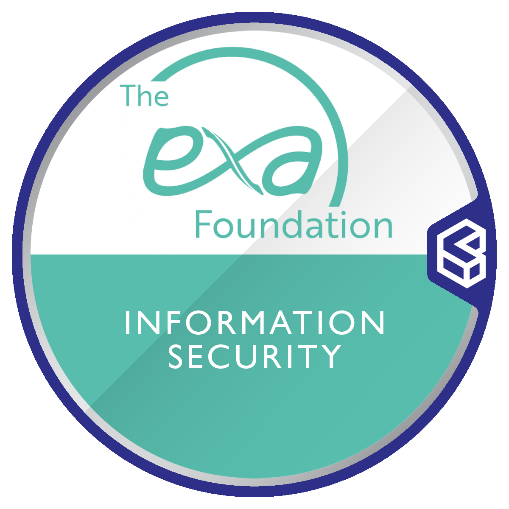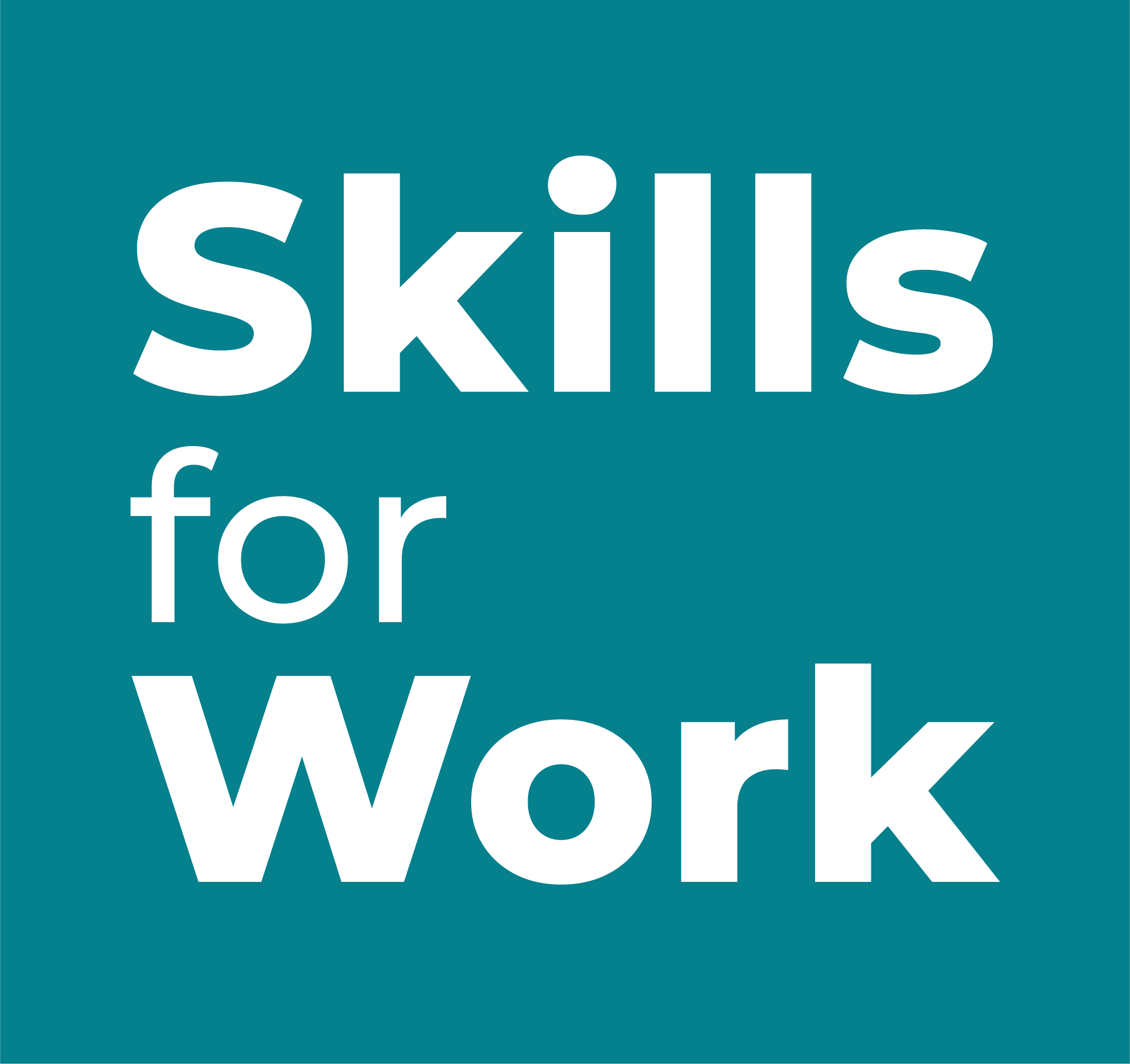- Introduction
- Build a Career in the Information Technology & Digital Services Industry
- Qualification Information
- Courses in Information Technology & Digital Services
- 15 Career Choices in Information Technology & Digital Services
- Useful Resources
- Skills Statements
- Digital Badges
- I would like to find out more about…
Introduction
Our Industry guides give you the lowdown on what the Bradford District has to offer. They're here to help you figure out what qualifications and training opportunities are available nearby and to give you the scoop on career options in specific industries.
If you're not sure about what careers are out there, these guides are perfect for exploring and getting to know each sector better. They're your go-to for understanding the different paths you can take into a career, whether it's through Apprenticeships, Traineeships, starting out early in your career, going to college or university, or learning on the job.
In Bradford District, there are 15 industry sectors to explore - you can find them all on the Career Options page. Each guide will tell you specific ways to plan for an occupation, as well as suggesting educational and vocational opportunities.

Build a Career in the Information Technology & Digital Services Industry
When it comes to a Career in Information Technology and Digital Services, a keen interest in any of the following will assist you to be successful:
- solving problems
- analysing information
- mathematics
- science
This industry showcases excitement like no other, as our scientific discovery continues to accelerate beyond comprehension. A Gartner study entitled, How We Will Work in 2028, displayed nine areas of technology that will be heavily invested in in the future:
· Data Science and Analytics
· Artificial Intelligence and Machine Learning
· Cyber Security
· 3D Printing
· Robotics
· Web-Scale Infrastructure
· User Interface Design
· Internet of Things
· Application Programming Interfaces (API) & Services Platform Design
We have entered the fourth industrial revolution, where cyber physical systems are replacing the electronical IT systems and automation which shaped the third revolution. It is believed that over 60,000 jobs will be created in the UK between now and 2025 in the field of additive engineering, and 3D printing skills will be seen as vital within this industry.
A wide range of opportunities in the Information and Digital Services are available:
- Software Developers & Engineers
- IT Support
- Cyber Security Analysts
- Robotics Engineers
- Cloud Engineers
- Data Science Managers
- Product Operations Managers
There are many companies across Bradford and District that use cutting-edge technologies. For example, you can find companies using recycled materials to produce filaments for 3D printing, eco-engineering non-woven material for the flooring, furniture, bedding and built environment, or indeed delivering industry-leading internet services to schools and businesses of any size.

Qualification Information
Find information about core subjects and specific relevant sections of the curriculum here
Courses in Information Technology & Digital Services

15 Career Choices in Information Technology & Digital Services
The below jobs are an example of what work can be found in this sector in the Bradford District and beyond. Click on the job title for more information:
- Data Science Analyst - utilise their analytical, statistical, and programming skills to collect, analyse and interpret large data sets. They then use this information to develop data-driven solutions to difficult business challenges
- Computer Games Tester - play computer games to check they work, and find and record problems or ‘bugs’
- 3D Printing Technician - manufacture products, including biomedical implants, car parts, aerospace components and fashion accessories
- Software/App Developer - build software which runs across various types of computer and write code from scratch. App developers design and build mobile applications for PCs, mobile phones and tablets
- Computer Games Developer - make games that can be played online, and on mobile phones, PCs and games consoles
- Information Scientist - manage an organisation's information resources and make sure it's all readily available
- Robotics Engineer - design and build machines to do automated jobs in industries like manufacturing, aerospace and medicine
- Forensic Computer Analyst - investigate computer-based crime, often called cyber crime
- IT Trainer - design and teach computer courses
- Drone Pilot - remotely operate aircraft used in work like surveying, filmmaking and aerial photography
- Analytical Textile Technologist - produce technical textiles for industries like automotive, aerospace and healthcare
- Cloud Engineer - help create, maintain, and troubleshoot cloud infrastructure. Cloud engineers can have more specific roles that include cloud architecting (designing cloud solutions for organizations), development (coding for the cloud), and administration (working with cloud networks)
- Electronics Engineer - design and develop systems for industry, from mobile communications to manufacturing and aerospace
- Software Engineer - applies the principles of software engineering for designing, development, maintenance, testing, and evaluation of computer software. A software engineer works on components with other engineers to build a system
- Technical Architect - help plan, design and build IT systems for clients

Useful Resources
Find below some useful websites giving information about working in this sector.
Information Support & Services
Indeed jobs Software Developer
NHS Health Informatics Careers

Skills Statements
Our skills statements are like golden nuggets crafted by industry pros. They pinpoint the essential skills required in specific sectors or careers. These statements are your secret weapon to understanding what employers really want and figuring out how to shine brighter than the rest. They'll give you the inside scoop on the skills that will make you stand out from the crowd.
Follow this link to find the Skills Statements for:
Games Simulation

Digital Badges
Digital badges are a great way to gain recognition for skills and learning which doesn't have a qualification attached to it. If you are a learner aged 13+ please sign up to our Navigatr platform to access the digital badges we offer.
This is quick, easy and free to do. Follow the link below to create your own Navigator account and earn your first digital badge by reading the information and completing quiz at the bottom of the page:
https://www.navigatr.org/what-are-digital-badges-2
To see some of the badges available for Bradford District click on the link below for more information:
Information Technology (IT) and Digital Services support most of what is done in society. IT skills could lead to employment in almost any sector. Digital systems make other work in other sectors possible. There is potential to work with hardware IT systems or software applications, either virtually or dealing directly with IT users. ‘Digital’ means more than just computers. It can include networks, software, apps, phone systems, complex 3D printers (also known as additive engineering), Artificial Intelligence (AI) or virtual reality (VR).
I would like to find out more about…
Information support and services includes roles related to information technology deployment, including implementing computer systems and software, database management, providing technical assistance, and managing information systems.
Computer network specialists are extremely helpful in testing, troubleshooting, fixing and evaluating network systems of an organisation, providing guidance to system users and businesses. Primarily they perform network maintenance to ensure networks operate correctly with least disturbance.
Software engineers create, design, deploy and support either system, programming, application or embedded software, which are independent of hardware and make computers programmable.
Embedded systems software is used to control machines and devices not typically considered computers — telecommunications networks, cars, industrial robots and more. These devices, and their software, can be connected as part of the Internet of Things (IoT).
Games and simulation programming can deal with recreational activities, such as video games, as well as more serious applications, such as flight instruction. Some of the occupations in this field are multimedia artist or animator, computer programmer and software developer.







